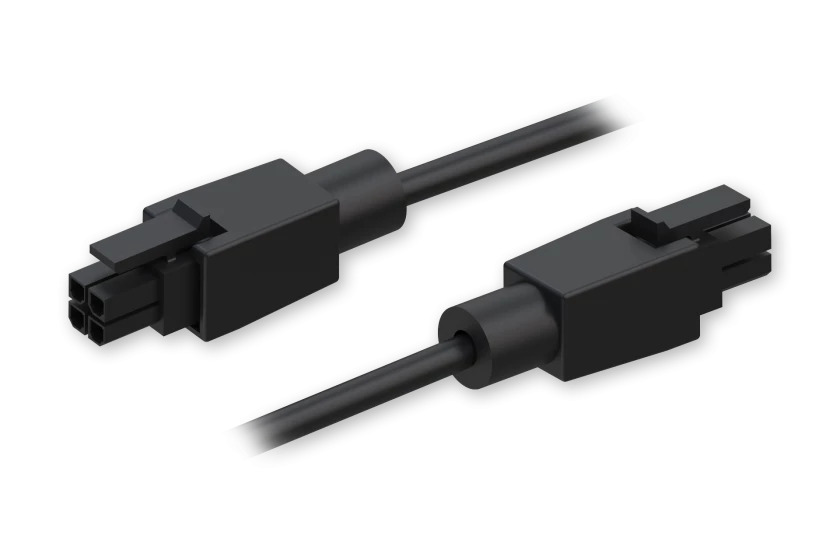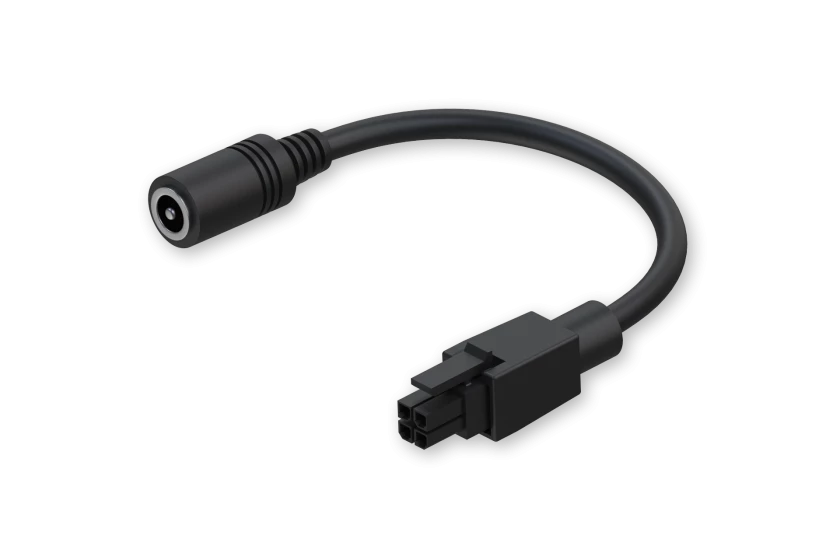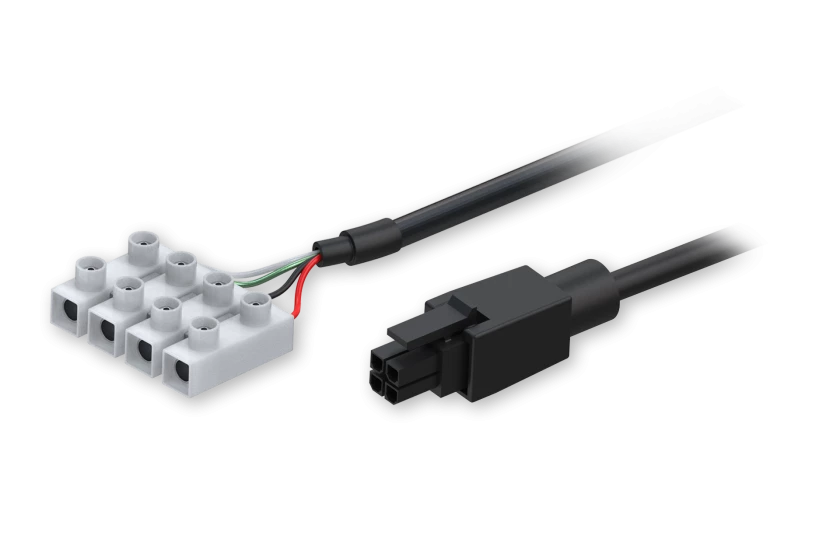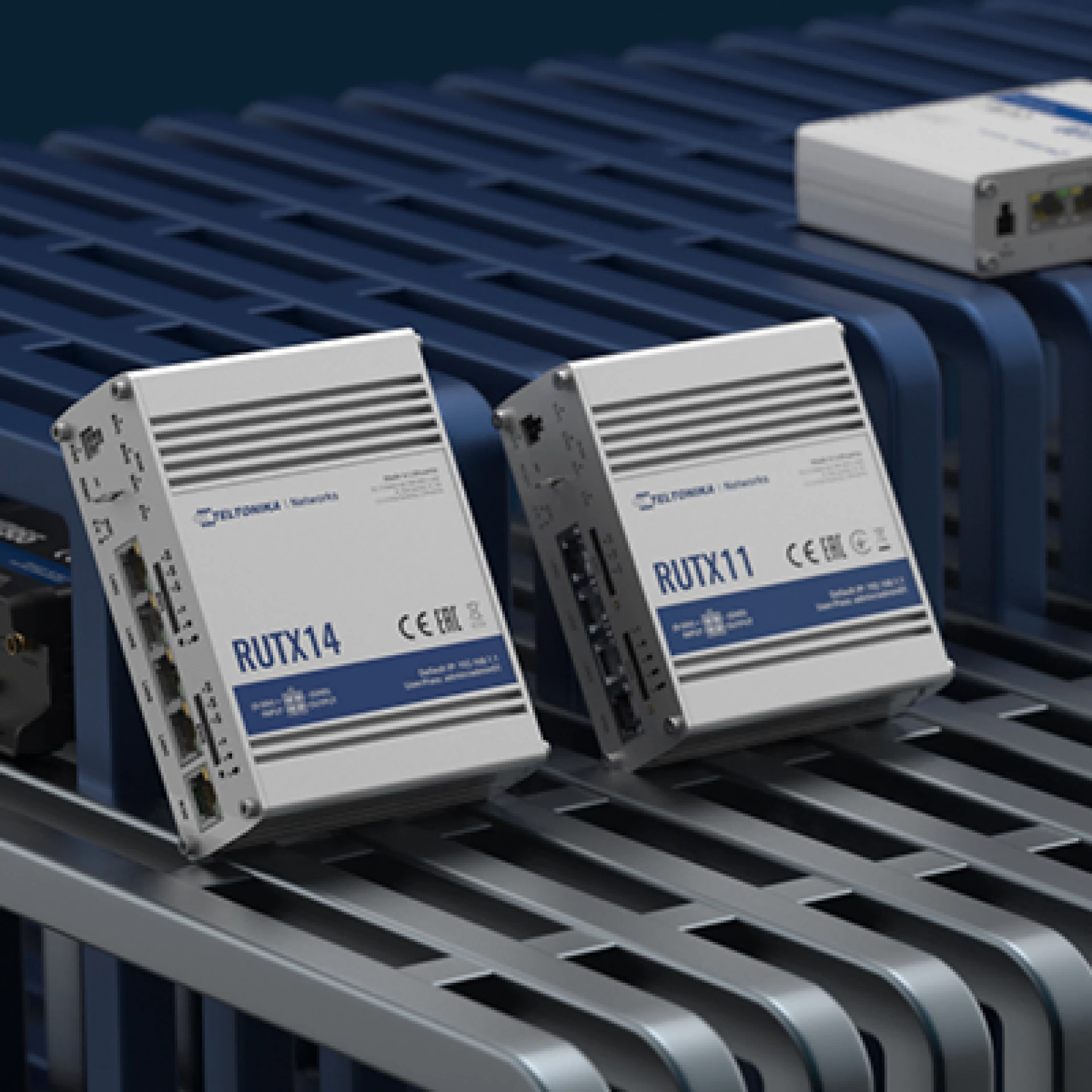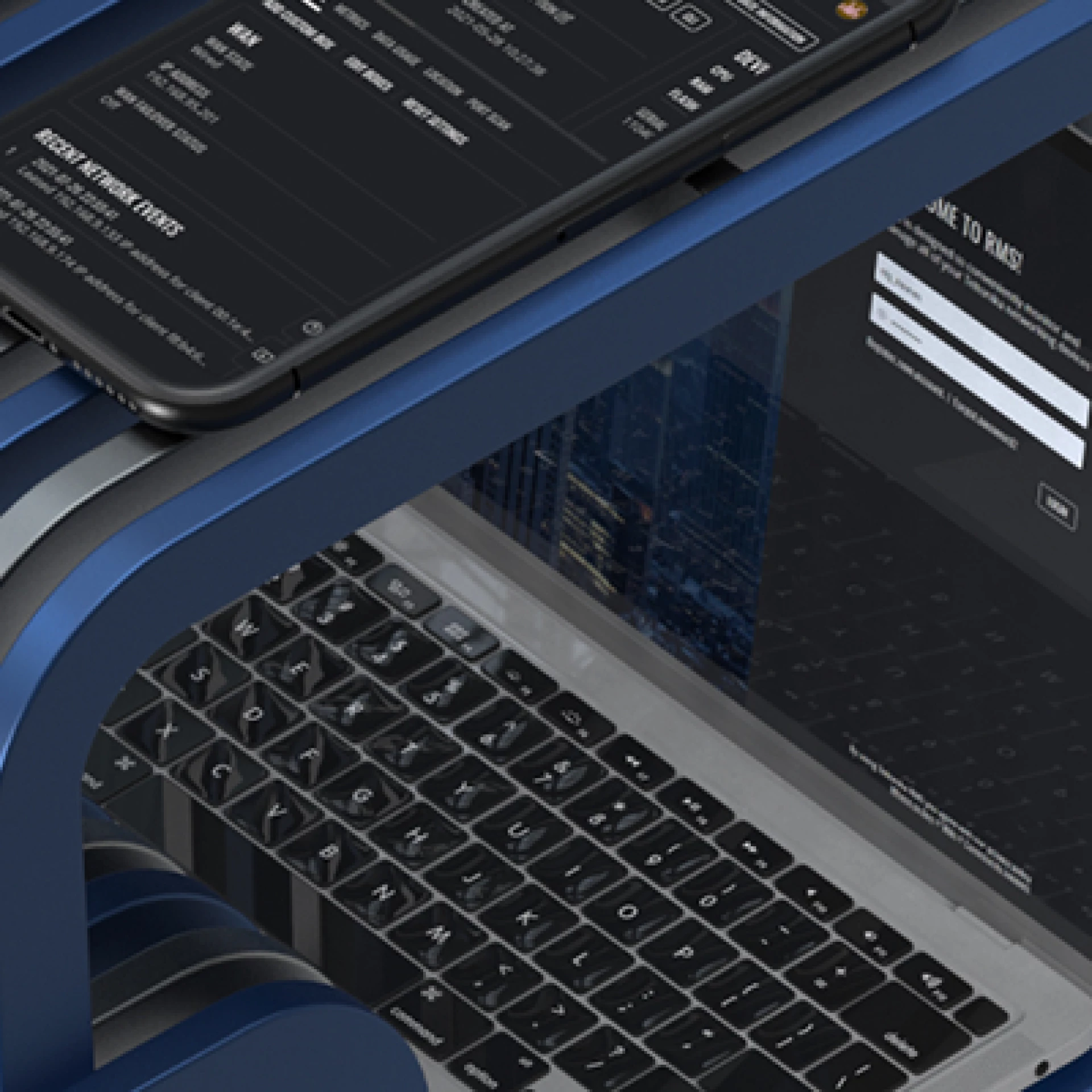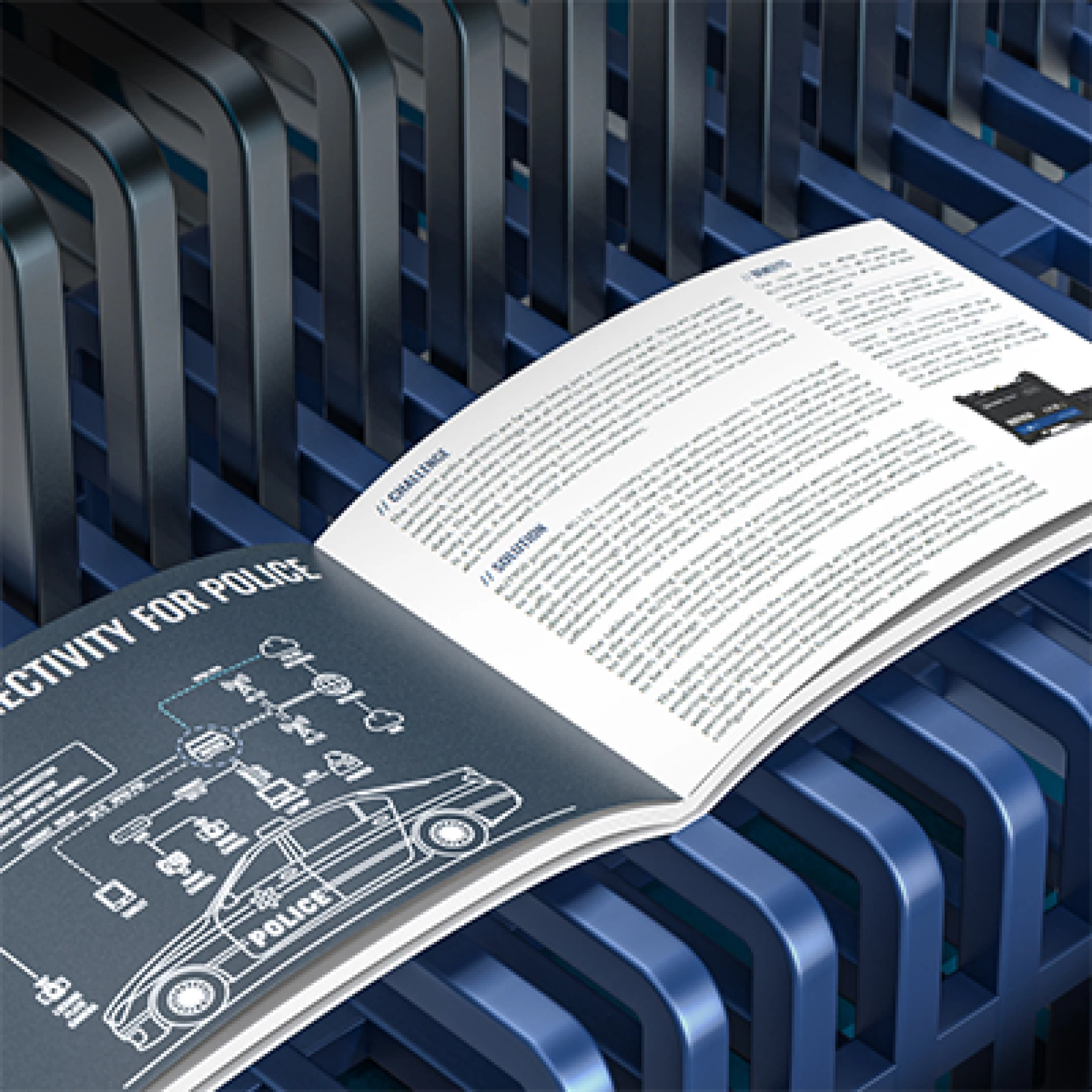RUT956
3D モデル
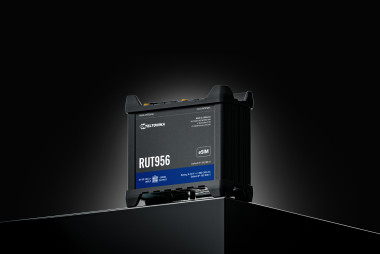
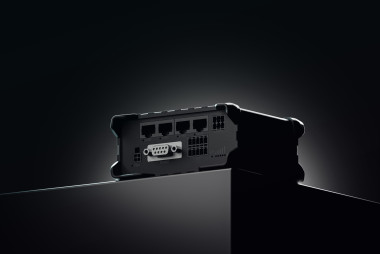

Mobile module
4G LTE Cat 4 up to 150 DL/50 UL Mbps; 3G up to 21 DL/5.76 UL Mbps; 2G up to 236.8 DL/236.8 UL kbps
3GPP Release
Release 11
eSIM*
Consumer type eSIM, profile download and removal operations, up to 7 eSIM profiles; does not include data plans
-
*Feature availability varies by order code
SIM switch*
Dual SIM and eSIM, auto-switch cases: weak signal, data limit, SMS limit, roaming, no network, network denied, data connection fail, SIM idle protection
-
*Feature availability varies by order code
Status
IMSI, ICCID, operator, operator state, data connection state, network type, bandwidth, connected band, signal strength (RSSI), SINR, RSRP, RSRQ, EC/IO, RSCP, data sent/received, LAC, TAC, cell ID, ARFCN, UARFCN, EARFCN, MCC, and MNC
SMS
SMS status, SMS configuration, EMAIL to SMS, SMS to EMAIL, SMS to HTTP, SMS to SMS, scheduled SMS, SMS autoreply, SMPP
USSD
Supports sending and reading Unstructured Supplementary Service Data messages
Block/Allow list
Operator block/allow list (by country or separate operators)
Multiple PDN
Possibility to use different PDNs for multiple network access and services
Band management
Band lock, Used band status display
SIM PIN code management
SIM PIN code management enables setting, changing, or disabling the SIM card's PIN
APN
Auto APN
Bridge
Direct connection (bridge) between mobile ISP and device on LAN
Passthrough
Router assigns its mobile WAN IP address to another device on LAN
Wireless mode
802.11b/g/n (Wi-Fi 4), Access Point (AP), Station (STA)
Wi-Fi security
WPA2-Enterprise: PEAP, WPA2-PSK, WPA-EAP, WPA-PSK, WPA3-SAE, WPA3-EAP, OWE; AES-CCMP, TKIP, Auto-cipher modes, client separation, EAP-TLS with PKCS#12 certificates, disable auto-reconnect, 802.11w Protected Management Frames (PMF)
SSID/ESSID
SSID stealth mode and access control based on MAC address
Wi-Fi users
Up to 100 simultaneous connections
Wireless Connectivity Features
Wireless mesh (802.11s), fast roaming (802.11r), Relayd, BSS transition management (802.11v), radio resource measurement (802.11k)
Wireless MAC filter
Allowlist, blocklist
Wireless QR code generator
Once scanned, a user will automatically enter your network without needing to input login information
TravelMate
Forward Wi-Fi hotspot landing page to a subsequent connected device
WAN
1 x WAN port 10/100 Mbps, compliance IEEE 802.3, IEEE 802.3u, 802.3az standards, supports auto MDI/MDIX
LAN
3 x LAN ports, 10/100 Mbps, compliance IEEE 802.3, IEEE 802.3u standards, supports auto MDI/MDIX
Routing
Static routing, Dynamic routing (BGP, OSPF v2, RIP v1/v2, EIGRP, NHRP), Policy based routing
Network protocols
TCP, UDP, IPv4, IPv6, ICMP, NTP, DNS, HTTP, HTTPS, SFTP()S, FTP, SMTP, SSL/TLS, ARP, VRRP, PPP, PPPoE, UPNP, SSH, DHCP, Telnet, SMPP, SNMP, MQTT, Wake On Lan (WOL), VXLAN
VoIP passthrough support
H.323 and SIP-alg protocol NAT helpers, allowing proper routing of VoIP packets
Connection monitoring
Ping Reboot, Wget Reboot, Periodic Reboot, LCP and ICMP for link inspection
Firewall
Port forward, traffic rules, custom rules, TTL target customisation
Firewall status page
View all your Firewall statistics, rules, and rule counters
Port management
View device ports, enable and disable each of them, turn auto-configuration on or off, change their transmission speed, and so on
Network topology
Visual representation of your network, showing which devices are connected to which other devices
DHCP
Static and dynamic IP allocation, DHCP relay, DHCP server configuration, status, static leases: MAC with wildcards
QoS / Smart Queue Management (SQM)
Traffic priority queuing by source/destination, service, protocol or port, WMM, 802.11e
DDNS
Supported >77 service providers, others can be configured manually
DNS over HTTPS
DNS over HTTPS proxy enables secure DNS resolution by routing DNS queries over HTTPS
Network backup
Wi-Fi WAN, Mobile, VRRP, Wired options, each of which can be used as an automatic Failover
Load balancing
Balance Internet traffic over multiple WAN connections
Hotspot
Captive portal (hotspot), internal/external Radius server, Radius MAC authentication, SMS authorisation, SSO authentication, internal/external landing page, walled garden, user scripts, URL parameters, user groups, individual user or group limitations, user management, 9 default customisable themes and optionality to upload and download customised hotspot themes
Hotspot 2.0
Hotspot 2.0 is a Wi-Fi standard that enables seamless, secure, and automatic connection to trusted wireless networks
SSHFS
Possibility to mount remote file system via SSH protocol
VRF support
Initial virtual routing and forwarding (VRF) support
Traffic Management
Real-time monitoring, wireless signal charts, traffic usage history
Port Mirroring
Mirroring network traffic on Ethernet ports for monitoring and analysis
Authentication
Pre-shared key, digital certificates, X.509 certificates, TACACS+, Internal & External RADIUS users authentication, IP & login attempts block, time-based login blocking, built-in random password generator
Firewall
Preconfigured firewall rules can be enabled via WebUI, unlimited firewall configuration via CLI, DMZ, NAT, NAT-T, NAT64
Attack prevention
DDOS prevention (SYN flood protection, SSH attack prevention, HTTP/HTTPS attack prevention), port scan prevention (SYN-FIN, SYN-RST, X-mas, NULL flags, FIN scan attacks)
VLAN
Port and tag-based VLAN separation
Mobile quota control
Mobile data limit, customizable period, start time, warning limit, phone number
WEB filter
Blacklist for blocking out unwanted websites, Whitelist for specifying allowed sites only
Access control
Flexible access control of SSH, Web interface, CLI and Telnet
SSL certificate generation
Let's Encrypt and SCEP certificate generation methods
OpenVPN
Multiple clients and a server can run simultaneously, 27 encryption methods
OpenVPN Encryption
DES-CBC 64, RC2-CBC 128, DES-EDE-CBC 128, DES-EDE3-CBC 192, DESX-CBC 192,
BF-CBC 128, RC2-40-CBC 40, CAST5-CBC 128, RC2-64-CBC 64, AES-128-CBC 128, AES-128-CFB 128, AES-128-CFB1 128, AES-128-CFB8 128, AES-128-OFB 128, AES-128-GCM 128, AES-192-CFB 192, AES-192-CFB1 192, AES-192-CFB8 192, AES-192-OFB 192, AES-192-CBC 192, AES-192-GCM 192, AES-256-GCM 256, AES-256-CFB 256, AES-256-CFB1 256, AES-256-CFB8 256, AES-256-OFB 256, AES-256-CBC 256
IPsec
XFRM, IKEv1, IKEv2, with 14 encryption methods for IPsec (3DES, DES, AES128, AES192, AES256, AES128GCM8, AES192GCM8, AES256GCM8, AES128GCM12, AES192GCM12, AES256GCM12, AES128GCM16, AES192GCM16, AES256GCM16)
GRE
GRE tunnel, GRE tunnel over IPsec support
PPTP, L2TP
Client/Server instances can run simultaneously, L2TPv3, L2TP over IPsec support
Stunnel
Proxy designed to add TLS encryption functionality to existing clients and servers without any changes in the program’s code
DMVPN
Method of building scalable IPsec VPNs, Phase 2 and Phase 3 and Dual Hub support
SSTP
SSTP client instance support
ZeroTier
ZeroTier VPN client support
WireGuard
WireGuard VPN client and server support
Tinc
Tinc offers encryption, authentication and compression in it's tunnels. Client and server support.
Supported modes
Router
Supported connection types
RS485, TCP
Configuration options
Support for multiple BACnet/IP interfaces, Network number assignment, Preconfigured BDT entries for BBMD (BACnet Broadcast Management Device)
Supported modes
Client, Server
Supported connection types
TCP
Supported modes
Server, Client
Supported connection types
RTU (RS232, RS485), TCP, USB
Custom registers
MODBUS TCP custom register block requests, which read/write to a file inside the router, and can be used to extend MODBUS TCP Client functionality
Supported data formats
8-bit: INT, UINT; 16-bit: INT, UINT (MSB or LSB first); 32-bit: float, INT, UINT (ABCD (big-endian), DCBA (little-endian), CDAB, BADC), HEX, ASCII
Protocol
HTTP(S), MQTT, Azure MQTT
Modbus MQTT Gateway
Allows sending commands and receiving data from MODBUS Server through MQTT broker
Supported modes
Station, Outstation
Supported connection types
RS232, RS485, TCP, USB
DLMS Support
DLMS - standard protocol for utility meter data exchange
Supported modes
Client
Supported connection types
RS232, RS485, TCP
Teltonika Networks Web API (beta) support
Expand your device's possibilities by using a set of configurable API endpoints to retrieve or change data. For more information, please refer to this documentation: https://developers.teltonika-networks.com
WEB UI
HTTP/HTTPS, status, configuration, FW update, CLI, troubleshoot, multiple event log servers, firmware update availability notifications, event log, system log, kernel log, Internet status
FOTA
Firmware update from server, automatic notification
SSH
SSH (v1, v2)
SMS
SMS status, SMS configuration
Call
Reboot, Status, Mobile data on/off, Output on/off, answer/hang-up with a timer, Wi-Fi on/off
TR-069
OpenACS, EasyCwmp, ACSLite, tGem, LibreACS, GenieACS, FreeACS, LibCWMP, Friendly tech, AVSystem
MQTT
MQTT Broker, MQTT publisher
SNMP
SNMP (v1, v2, v3), SNMP Trap, Brute force protection
JSON-RPC
Management API over HTTP/HTTPS
RMS
Teltonika Remote Management System (RMS)
ThingWorx
Allows monitoring of: WAN Type, WAN IP, Mobile Operator Name, Mobile Signal Strength, Mobile Network Type
Cumulocity - Cloud of Things
Allows monitoring of: Device Model, Revision and Serial Number, WAN Type and IP, Mobile Cell ID, ICCID, IMEI, Connection Type, Operator, Signal Strength. Has reboot and firmware upgrade actions
Azure IoT Hub
Can be configured with Data to Server to send all the available parameters to the cloud. Has Direct method support which allows to execute RutOS API calls on the IoT Hub. Also has Plug and Play integration with Device Provisioning Service that allows zero-touch device provisioning to IoT Hubs
AWS IoT Core
Utility to interact with the AWS cloud platform. Jobs Support: Call the device's API using AWS Jobs functionality
CPU
Mediatek, 580 MHz, MIPS 24KEc
RAM
128 MB, DDR2
FLASH storage
16 MB, SPI Flash
WEB UI
Update FW from file, check FW on server, configuration profiles, configuration backup
FOTA
Update FW
RMS
Update FW/configuration for multiple devices at once
Keep settings
Update FW without losing current configuration
Factory settings reset
A full factory reset restores all system settings, including the IP address, PIN, and user data to the default manufacturer's configuration
Operating system
RutOS (OpenWrt based Linux OS)
Supported languages
Busybox shell, Lua, C, C++
Development tools
SDK package with build environment provided
GPL customization
You can create your own custom, branded firmware and web page application by changing colours, logos, and other elements in our firmware to fit your or your clients’ needs
Package Manager
The Package Manager is a service used to install additional software on the device
GNSS
GPS, GLONASS, BeiDou, Galileo and QZSS
Coordinates
GNSS coordinates via WebUI, SMS, TAVL, RMS
NMEA
NMEA 0183
NTRIP
NTRIP protocol (Networked Transport of RTCM via Internet Protocol)
Server software
Supported server software TAVL, RMS
Geofencing
Configurable multiple geofence zones
RS232
DB9 connector, RS232 (with RTS, CTS flow control)
RS485
RS485 Full Duplex (4 wires) and Half Duplex (2 wires). 300-115200 baud rate
Serial functions
Console, Serial over IP, Modem, MODBUS gateway, NTRIP Client
Data rate
USB 2.0
Applications
Samba share, USB-to-serial
External devices
Possibility to connect external HDD, flash drive, additional modem, printer, USB-serial adapter
Storage formats
FAT, FAT32, exFAT, NTFS (read-only), ext2, ext3, ext4
Input
1 x digital dry input (0 - 3 V), 1 x digital galvanically isolated input (0 - 30 V), 1 x analog input (0 - 24 V; with 4-20 mA capability), 1 x Digital non-isolated input (on 4-pin power connector, 0 - 5 V detected as logic low, 8 - 30 V detected as logic high)
Output
1 x digital open collector output (30 V, 250 mA), 1 x SPST relay output (40 V, 4 A), 1 x Digital open collector output (30 V, 300 mA, on 4-pin power connector)
Events
Email, RMS, SMS
I/O juggler
Allows to set certain I/O conditions to initiate event
Physical size
マイクロSD
Applications
Samba share, Storage Memory Expansion, DLNA
Capacity
Up to 2 TB
Storage Formats
FAT32, NTFS, ext2, ext3, ext4
Connector
4-pin industrial DC power socket
Input voltage range
9 – 30 VDC, reverse polarity protection; surge protection >31 VDC 10us max
PoE (passive)
Passive PoE over spare pairs. Possibility to power up through LAN1 port, not compatible with IEEE802.3af, 802.3at and 802.3bt standards, Mode B, 9 - 30 VDC
Power consumption
< 2 W idle, < 7 W Max
Ethernet
4 x RJ45 ports, 10/100 Mbps
I/O’s
2 x Inputs and 2 x Outputs on 10-pin industrial socket, 1 x Digital input and 1 x Digital output on 4-pin power connector (available from HW revision 1600)
Status LEDs
1 x Bi-color connection status, 5 x Mobile connection strength, 4 x ETH status, 1 x Power
SIM
2 x SIM slots (Mini SIM - 2FF), 1.8 V/3 V, external SIM holders, eSIM
Power
1 x 4-pin power connector
入力/出力
1 x 10-pin industrial socket for inputs/outputs
Antennas
2 x SMA for LTE, 2 x RP-SMA for Wi-Fi, 1 x SMA for GNSS
USB
1 x USB A port for external devices
RS232
1 x DB9 socket
RS485
1 x 6-pin industrial socket
Reset
Reboot/User default reset/Factory reset button
Casing material
Aluminium housing, plastic panels
Dimensions (W x H x D)
110 x 50 x 100 mm
Weight
287 g
Mounting options
DIN rail, wall mount, flat surface (all require additional kit)
Operating temperature
-40 °C to 75 °C
Operating humidity
10% to 90% non-condensing
Ingress Protection Rating
IP30
Regulatory
CE, UKCA, ANRT, Kenya, CITC, ICASA, FCC, IC, PTCRB, Anatel, RCM, Giteki, IMDA, ECE R118, E-mark, UL/CSA Safety, CB, RoHS, REACH, NCC, C1D2
Operator
AT&T, Verizon, T-Mobile
Standards
EN 55032:2015 + A11:2020
EN 55035:2017 + A11:2020
EN IEC 61000-3-2:2019 + A1:2021
EN 61000-3-3:2013 + A1:2019
EN 301 489-1 V2.2.3
EN 301 489-17 V3.2.4
EN 301 489-19 V2.1.1
EN 301 489-52 V1.2.1
ESD
EN 61000-4-2:2009
Radiated Immunity
EN 61000-4-3:2020
EFT
EN 61000-4-4:2012
Surge Immunity (AC Mains Power Port)
EN 61000-4-5:2014 + A1:2017
CS
EN 61000-4-6:2014
DIP
EN 61000-4-11:2020
Standards
EN 300 328 V2.2.2
EN 301 511 V12.5.1
EN 301 908-1 V15.2.1
EN 301 908-2 V13.1.1
EN 301 908-13 V13.2.1
EN 303 413 V1.1.1
Standards
CE: EN IEC 62368-1:2020 + A11:2020, EN IEC 62311:2020, EN 50665:2017
RCM: AS/NZS 62368.1:2022
CB: IEC 62368-1:2018
UL/CSA Safety: UL 62368-1 (3rd Ed., Rev. December 13, 2019), C22.2 No. 62368-1:19 (3rd Ed., Rev. December 13, 2019)
Standards
UL/CSA Safety: UL 121201, 9th Ed., Rev. April 1, 2021, CAN/CSA C22.2 No. 213, 3rd Ed. April 2021
Hazardous Environments
Class I, Division 2, Groups A, B, C, D
Class I, Zone 2, Group IIC
-40°C ≤ Ta ≤ 75°C, T4, IP30
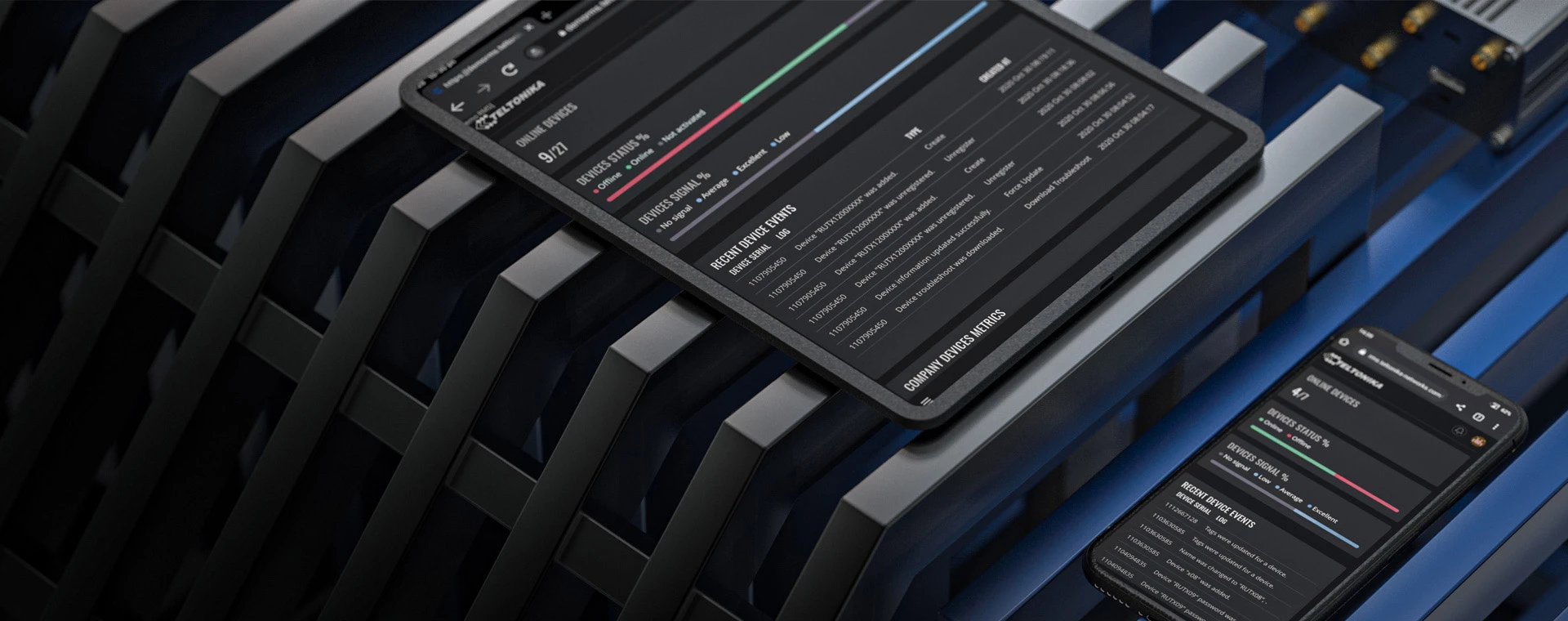
リモート
マネジメント
システム

WIKIナレッジ
ベース
Wikiナレッジベースでは最新のファームウェア、使用シナリオ、変更履歴から証明書、ファーストスタートガイドに至るまで、様々な情報をご覧いただけます。
Wikiナレッジベースでは最新のファームウェア、使用シナリオ、変更履歴から証明書、ファーストスタートガイドに至るまで、様々な情報をご覧いただけます。

